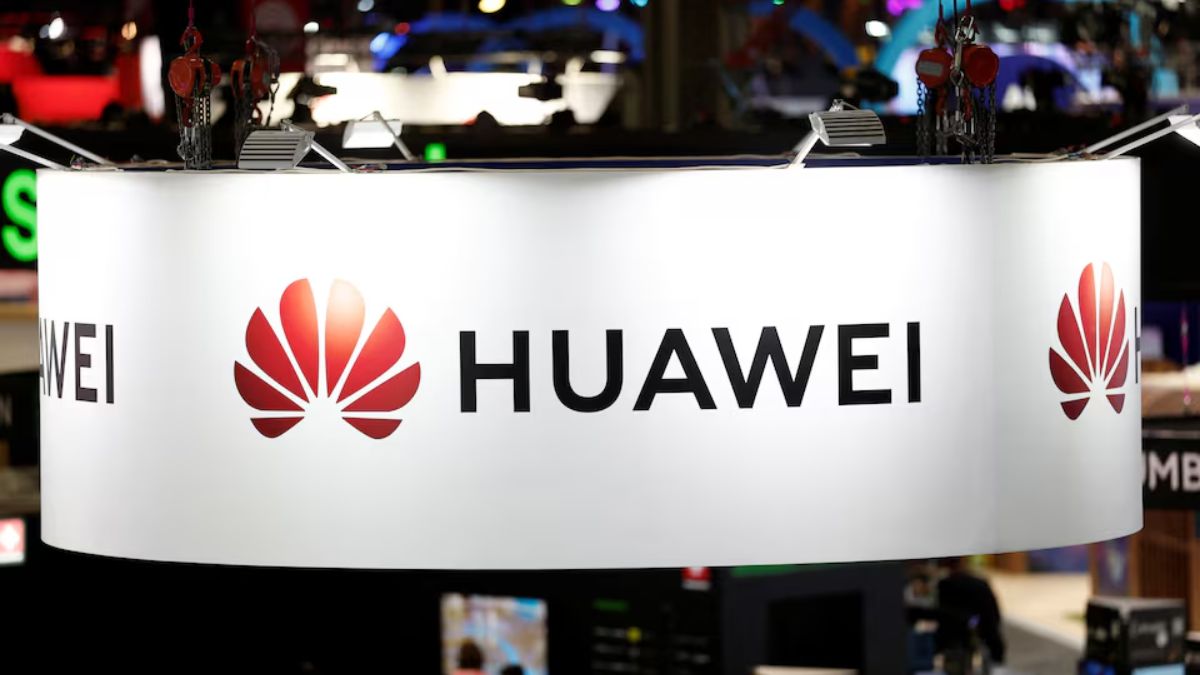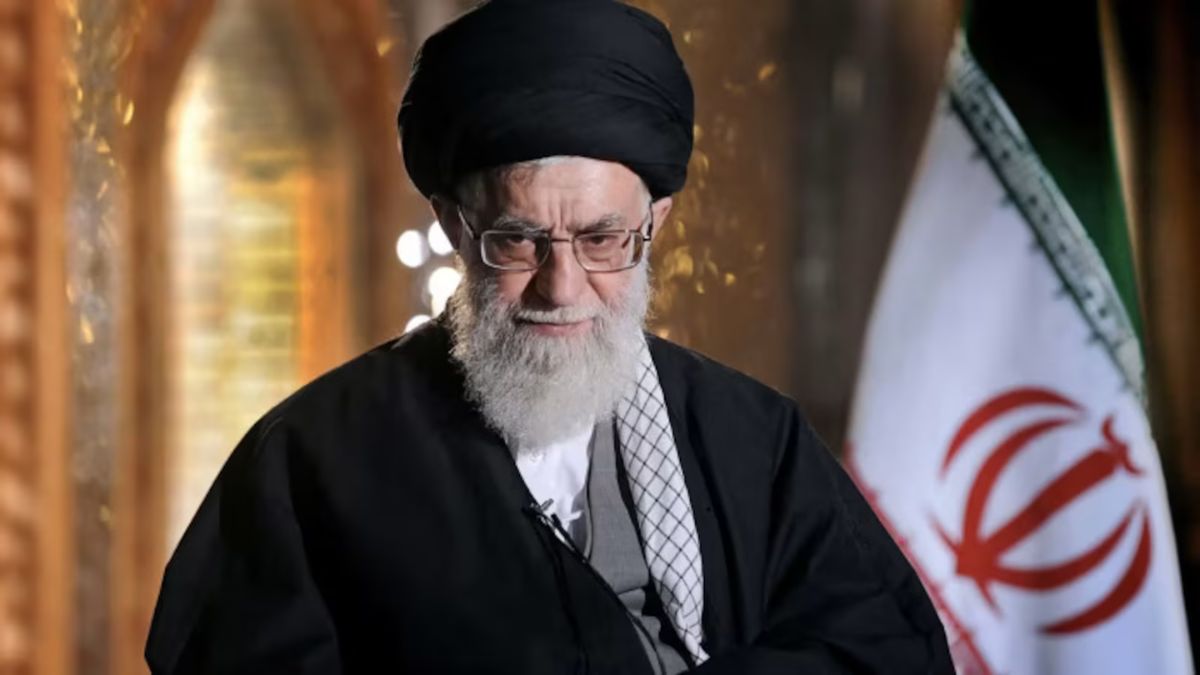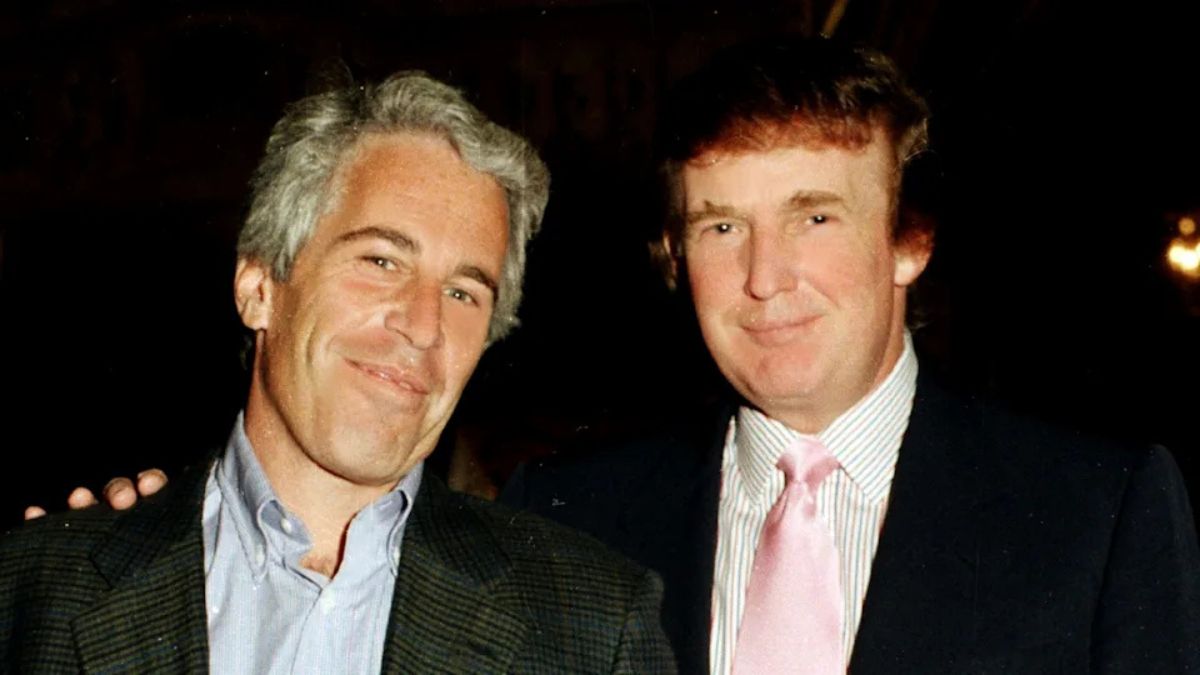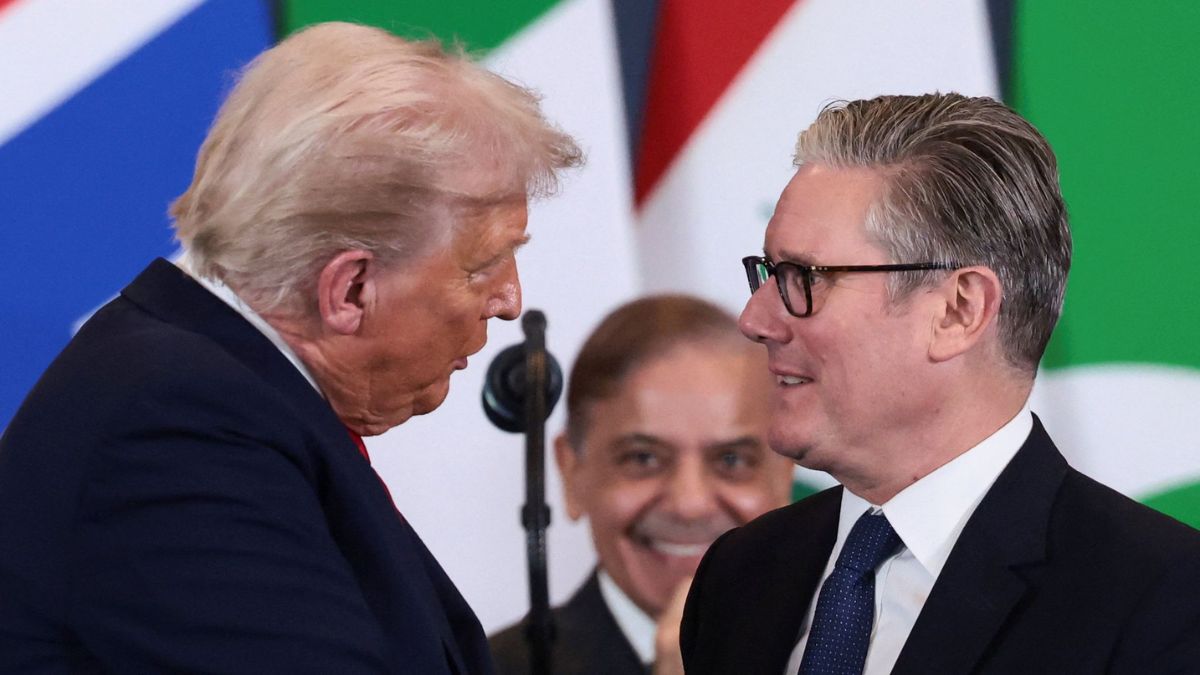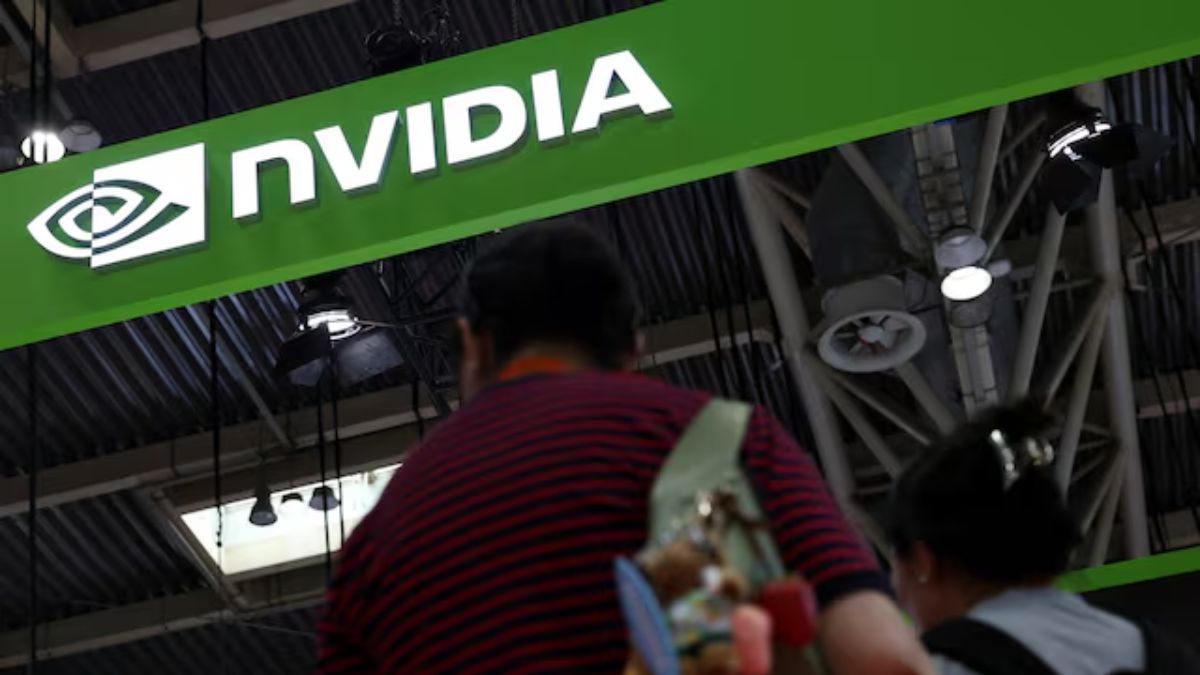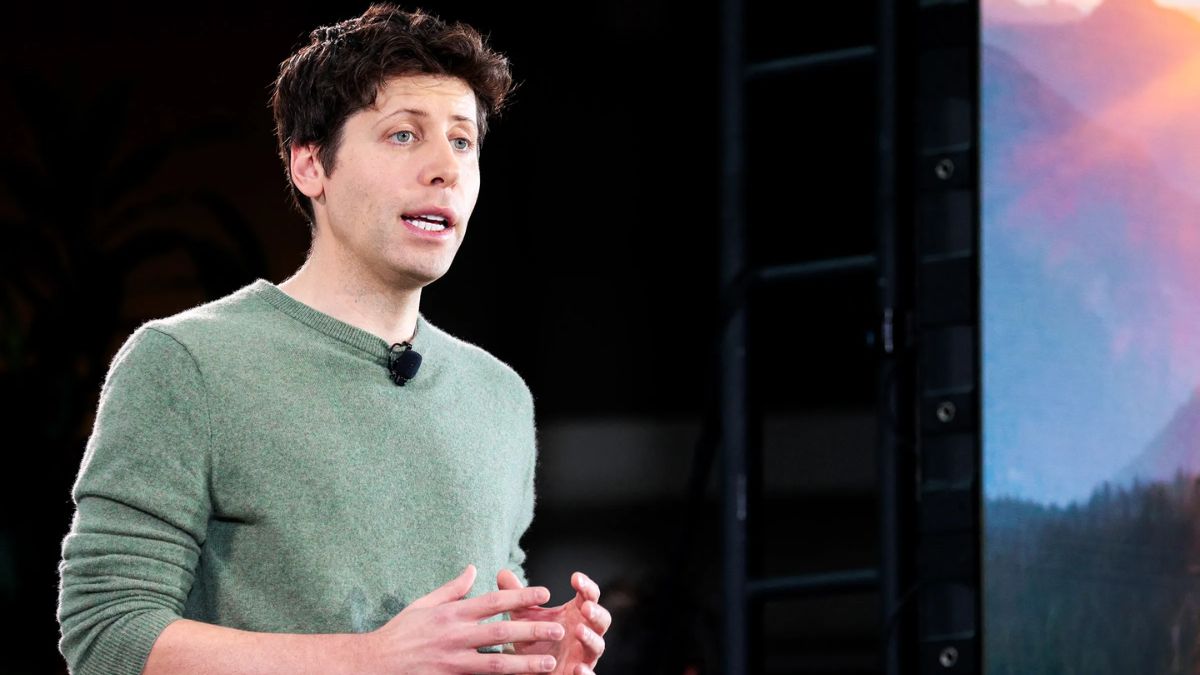Huawei’s deepening hold over Europe’s 5G infrastructure is threatening the future of European telecom giants Ericsson and Nokia, as regional governments delay meaningful action against the Chinese vendor despite growing security concerns.
According to a July 29 report by Light Reading, Huawei now powers 59% of Germany’s 5G sites, with similar dominance in 15 of 31 European countries. Despite being labeled a “high-risk vendor” by the European Commission, Huawei remains entrenched due to lenient national policies and cost-conscious telecom operators.
Germany’s Delayed Restrictions
Germany, Europe’s largest telecom market, has implemented only partial restrictions. Its 2024 policy mandates the removal of Huawei and ZTE from 5G core networks by 2026 and from critical management systems by 2029. However, it allows continued use of Huawei’s radio access equipment — the hardware at the heart of mobile networks. Critics call this a “fudge” that undermines the EU’s own 5G security guidance.
Major operators like Deutsche Telekom and Vodafone continue to rely heavily on Huawei. Telefónica has split its infrastructure between Huawei and Nokia.
Economic and Strategic Fallout
The failure to phase out Huawei is creating a competitive imbalance. Ericsson’s CEO Börje Ekholm noted the company is losing contracts in Europe and Latin America due to Huawei’s pricing advantages. Ericsson’s revenues in China fell 37% year-over-year in Q2 2025, even as its global RAN market share edged up to 25.7%. Nearly half of its Q2 sales came from the U.S., suggesting a geographic pivot.
Nokia’s troubles are steeper. Its global RAN share slipped to 17.6%, with mobile network revenue down €700 million since 2020 and operating margins cut in half. The company has laid off over 11,000 workers since 2023.
Trade Tensions and Missed Opportunities
The recent U.S.-EU trade agreement, which introduced a 15% tariff on European goods, did not include provisions to curb Huawei’s influence — a missed opportunity, analysts say. Meanwhile, Spain’s €12 million contract with Huawei to store judicial wiretap data has raised alarms in Brussels and Washington.
While Samsung is emerging as an alternative vendor, its presence remains small. Vodafone and other carriers argue that switching away from Huawei is too expensive, and cite previous technical issues with Nokia’s early 5G products as justification.
Limited Progress, Growing Risk
Despite the EU’s 5G Toolbox urging the removal of high-risk vendors, only six countries have implemented full bans. EU Commissioner Henna Virkkunen has warned that critical infrastructure remains exposed to espionage and disruption.
New Nokia CEO Justin Hotard remains cautiously optimistic, citing a deal to replace Huawei at 3,000 Deutsche Telekom sites. But broader progress is slow. Vodafone’s major RAN tender — covering 170,000 sites — is delayed, and European telcos are scaling back capital investment.
Ericsson’s Ekholm has even floated the possibility of relocating the company’s headquarters to the U.S. if European policies continue to favor Huawei, a move that would mark a historic shift in Europe’s telecom leadership.


